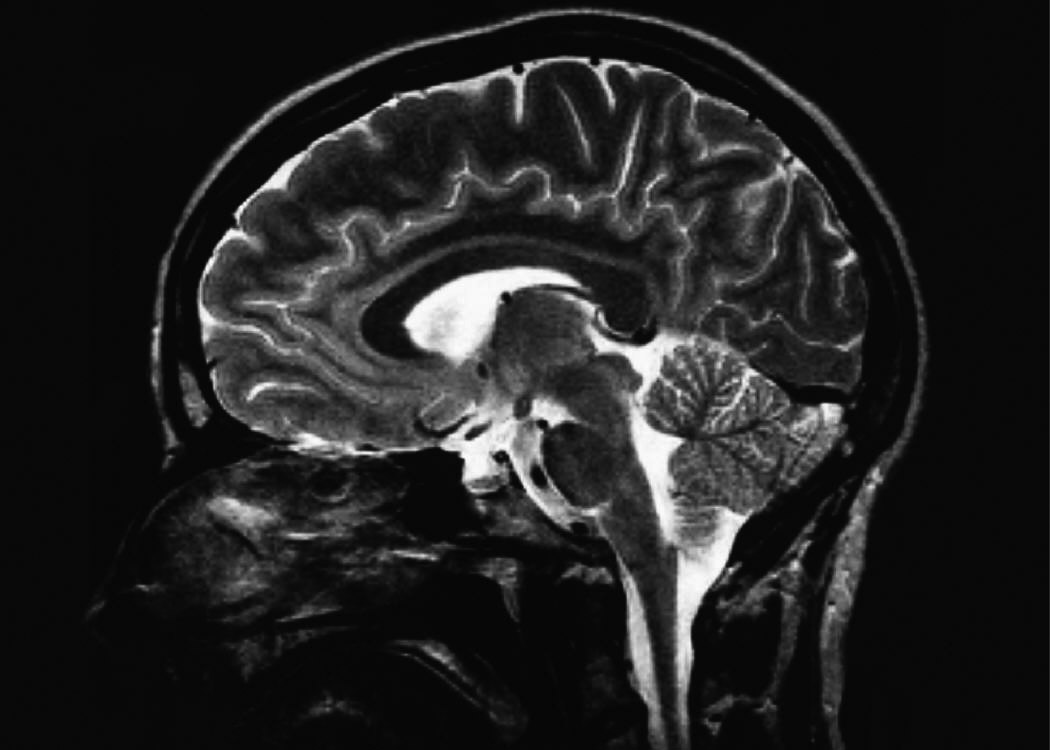The feeling of hitting your maximum capacity to remember facts is not a foreign concept to students—especially the night before an exam. Fortunately, one’s cognitive reserve is far from rigid. Recent research has shown that keeping your cognitive faculties active may be instrumental in preventing the age-related neurodegenerative diseases that affect one in every 11 Canadians over the age of 65.
Today, online brain-training programs like Lumosity are at an all-time peak in popularity. Youth and adults alike are more eager than ever to find ways of keeping their minds active and sharp as they age, while enjoying the immediate daily benefits that accompany heightened mental agility.
Now, thanks to McGill’s Dr. Jens Pruessner and his team at the PONDER project, the public can access these online brain training exercises for free, while contributing invaluable data to ground-breaking neurological research.
PONDER—Prevention of Neurological Diseases in Everyone at Risk—is a free, personal mental training program, available to anyone with computer and internet access. Interactive applications accessible through the PONDER website prompt the user to perform challenging memory tasks, designed to improve cognitive function, such as reproducing sequences of picture patterns in the right order.
In conjunction with the Douglas Mental Health University Institute, the McGill Centre for Studies in Aging developed PONDER in hopes of documenting and characterizing successful aging, identifying participants at risk of cognitive deterioration, and preventing the onset of disease where possible. The project has already attracted thousands of participants.
The team at PONDER hopes to achieve its goals through the program’s computer games designed to improve the participants’ attention, along with their working, verbal and long-term memory. Users are also asked to take an online assessment every six months to monitor changes as they age—similar to a doctor’s check up. This assessment allows researchers to harvest longitudinal data—data over a period of time—for further investigation.
“By starting to observe subjects in their 30s or 40s, we can identify sub-groups of participants at risk of developing dementia earlier on,” Pruessner said. “We want to gain a better understanding of each person’s individual trajectory or slope.” Normally, data is collected through cross-sectional testing—a study of many subjects at the same point in time. The downfall of this method is that it takes much longer for the performance of brighter-than-average individuals to fall below the expected norms. Consequently, their dementia may go undiagnosed for far longer.
“It’s possible that your cognitive reserve has declined, but that you may still be above average for your age group,” Pruessner explained. “[Doctors] will believe nothing to be wrong, when this is not actually the case.”
This problem is the reason why there is now a greater need for longitudinal studies, like PONDER, in the field of neuroscience.
Pruessner believes that descent into dementia is like passing a threshold that defines the boundary between normal and impaired cognition. If one’s cognitive reserve is large enough to start, one is more likely to die from other means before ever reaching that threshold.
“Statistically, that’s why higher IQ may be correlated with lower incidences of dementia,” Preussner said. “You would probably see it later, but for some people, that later never comes.”
The team behind the project is therefore hoping to change the way we think about prevention, shifting the focus away from finding a cure for Alzheimer’s to learning about lifestyle changes that can help slow the effects of cognitive decline.
However, the most daunting challenge in combating cognitive deterioration is the fact that diseases like Alzheimer’s and Parkinson’s can develop inconspicuously in the brain for up to several decades before manifesting themselves as irreversible but detectable symptoms.
Misfolded proteins in the brain, such as beta-amyloids, induce the misfolding of adjacent proteins in a domino effect. These then aggregate into plaques that inhibit proper cell function. However, this process can last up to 20 years before the individual starts noticing a difference.
All too often, we brush aside misplaced keys and forgotten names as a normal and inevitable part of growing old, and it’s often difficult to delineate neurological disease from the natural process of aging.
“This is really the holy grail of modern neuroscience,” Pruessner explained. “How do we differentiate changes that are part of ‘healthy’ cognitive aging, and when do we start to see these changes as more than just normal?”
It may be worthwhile to trade that Facebook scrolling habit for something to keep the cogs in the brain turning instead. Visit ponder.mcgill.ca to enroll for free today, and help McGill researchers combat neurodegenerative disease, one game at a time.







